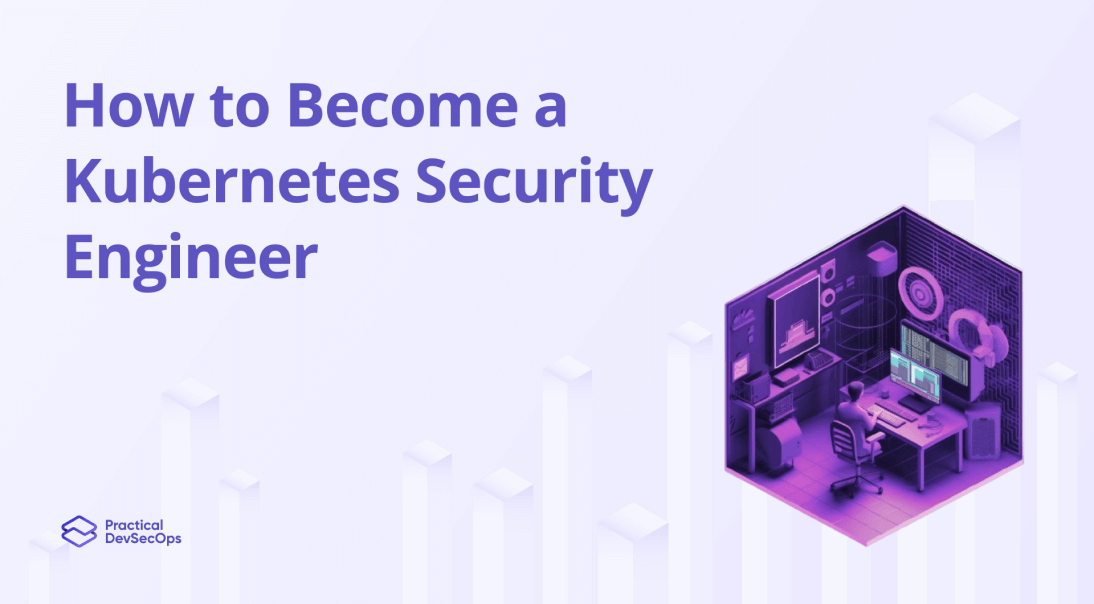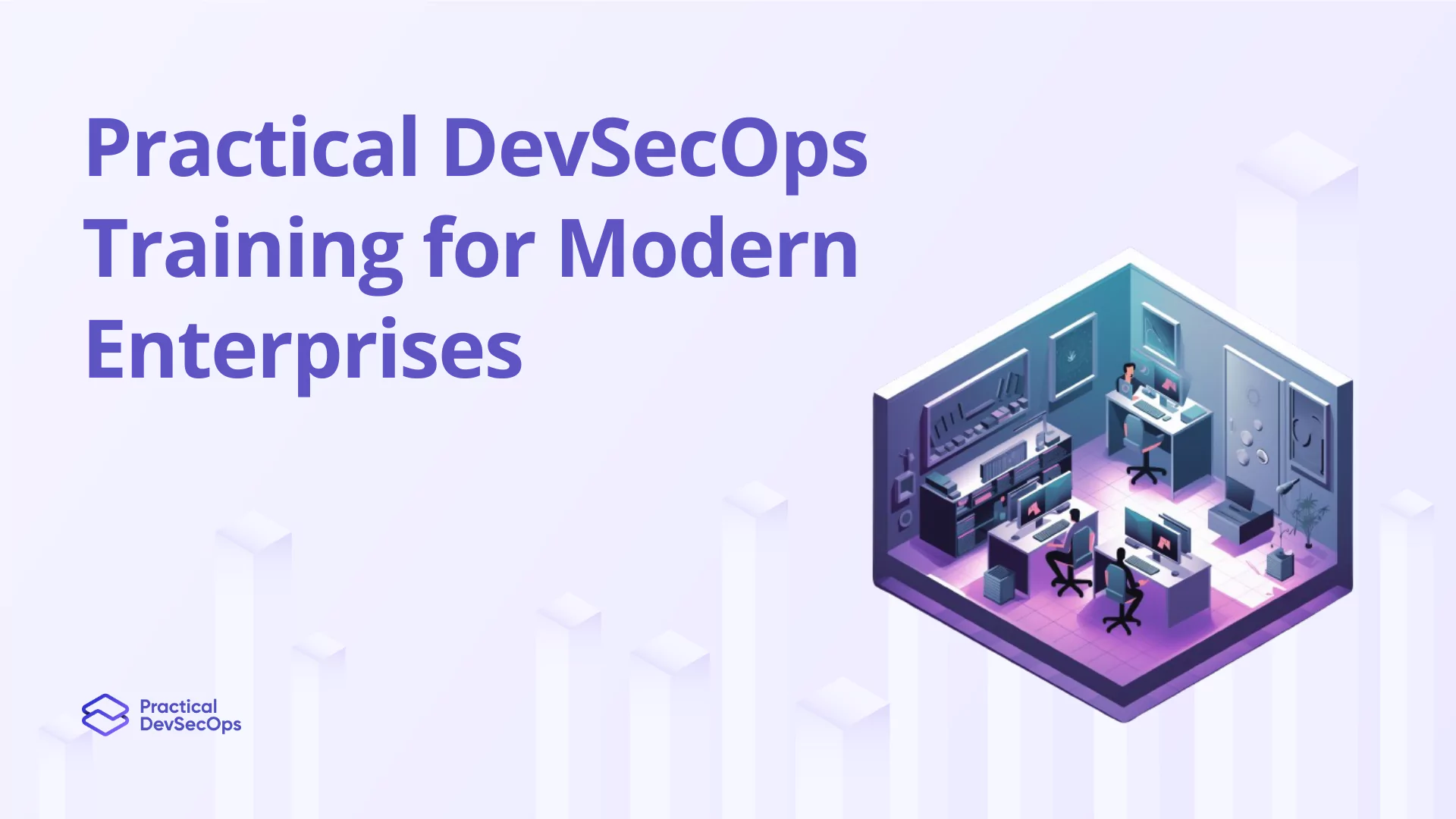Aspiring to become a Kubernetes security engineer requires a combination of technical skills, hands-on experience, and relevant certifications. To embark on this exciting career path, follow this comprehensive guide designed to help security geeks and aspiring nerds:
1. Develop a Strong Foundation in Kubernetes:
To build a solid foundation in Kubernetes, take the following steps:
- Understand the fundamentals: Learn about Kubernetes architecture, components, and core concepts such as pods, deployments, services, and namespaces.
- Gain hands-on experience: Set up and manage Kubernetes clusters, deploy applications, and use essential tools like kubectl and Helm.
- Learn security best practices: Familiarize yourself with Kubernetes security measures, including pod security policies, network policies, and role-based access control (RBAC).
Also Read, Best Kubernetes Books
2. Enhance Your Security Expertise:
To become a proficient Kubernetes security engineer, focus on the following areas:
- Understand cybersecurity principles: Deepen your knowledge of threat modeling, vulnerability assessment, and penetration testing.
- Learn about Kubernetes vulnerabilities: Study common security weaknesses in Kubernetes, such as misconfigurations, insecure container images, and supply chain attacks.
- Master security tools and techniques: Familiarize yourself with static code analysis, container vulnerability scanning, and runtime security monitoring in the context of Kubernetes.
Also Read, Best Tools for Kubernetes Security
Also Read, Why Kubernetes Vulnerability Scanning is Important and How Does it Work
4. Build a Portfolio of Kubernetes Security Projects:
Demonstrate your practical skills by building a portfolio of Kubernetes security projects:
- Contribute to open-source projects: Participate in projects related to Kubernetes security, contributing to code development, testing, or documentation.
- Engage in personal projects: Secure Kubernetes deployments, address vulnerabilities, and implement security controls in personal projects.
- Showcase your work: Share your projects on platforms like GitHub to showcase your skills and problem-solving abilities to potential employers.
5. Gain Practical Experience:
Practical experience enhances your qualifications as a Kubernetes security engineer:
- Seek internships or entry-level positions: Look for opportunities in IT or cybersecurity teams that focus on Kubernetes security to gain practical experience.
- Volunteer your skills: Contribute your expertise in Kubernetes security to organizations or projects that require assistance.
- Engage in online communities: Contribute to forums and communities related to Kubernetes security, where you can learn from experienced professionals and share knowledge.
Also Read, Kubernetes Security Best Practices
6. Continuous Learning and Networking:
Maintain active learning and networking to stay ahead in the field:
- Stay updated: Continuously learn about the latest Kubernetes security trends, vulnerabilities, and mitigation strategies.
- Attend events: Participate in conferences, workshops, and online courses to expand your knowledge and network with industry experts.
- Engage in active reading: Stay informed by reading research papers, blog posts, and industry publications dedicated to Kubernetes security.
Get Free E-books on Kubernetes Security 101
3. Pursue Relevant Certifications:
Obtaining certifications can boost your credibility and demonstrate your expertise. Consider pursuing certifications like the Certified Cloud-Native Security Expert offered by Practical DevSecOps. Stay updated on emerging certifications in the field to further enhance your professional profile.
Interested in Kubernetes Security Hands-on Training?
You can get trained in Kubernetes security by enrolling in our Cloud-Native Security Expert (CCNSE) course, which provides hands-on training in important concepts of Kubernetes security, such as:
Hacking Kubernetes Cluster, Kubernetes Authentication and Authorization, Kubernetes Admission Controllers, Kubernetes Data Security, Kubernetes Network Security, Defending Kubernetes Cluster.
Course Highlights:
- Hands-on training through browser-based labs
- Vendor-neutral course
- 24/7 instructor support
- CCNSE Certification is among the preferred for Kubernetes security roles by global organizations
Conclusion
Remember, the path to becoming a Kubernetes security engineer is an ongoing journey. Continually refine your skills, stay informed about evolving threats, and actively contribute to the growing Kubernetes security community. By following this guide and embracing continuous learning, you’ll be well-equipped to become a Kubernetes security engineer
Interested in Kubernetes Security Hands-on Training?
You can get trained in Kubernetes security by enrolling in our Cloud-Native Security Expert (CCNSE) course, which provides hands-on training in important concepts of Kubernetes security, such as:
Hacking Kubernetes Cluster, Kubernetes Authentication and Authorization, Kubernetes Admission Controllers, Kubernetes Data Security, Kubernetes Network Security, Defending Kubernetes Cluster.
Course Highlights:
- Hands-on training through browser-based labs
- Vendor-neutral course
- 24/7 instructor support
- CCNSE Certification is among the preferred for Kubernetes security roles by global organizations





